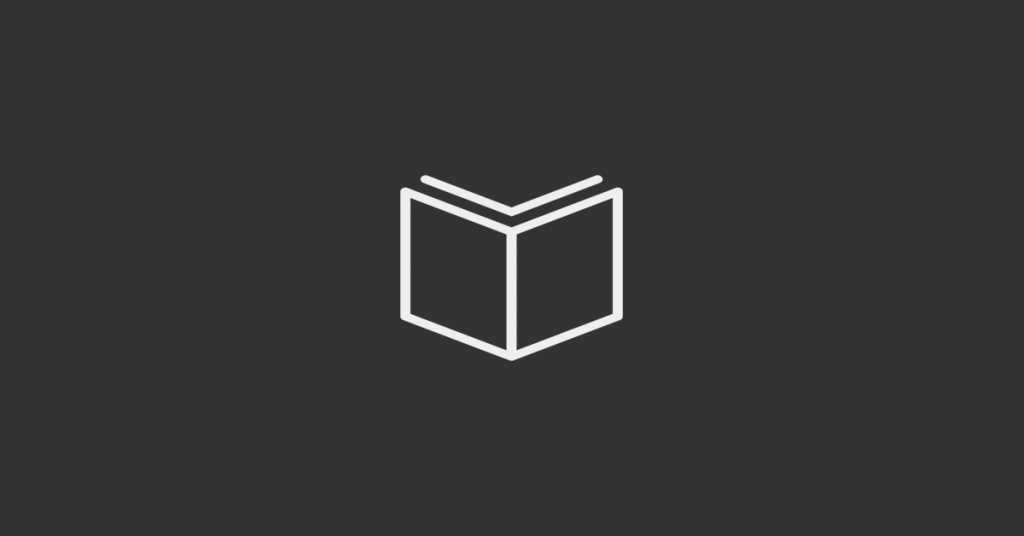If you’re like most folks, you chose to finance your education with a combination of out-of-pocket outlays and federally-backed student loans. Depending upon your institution’s tuition costs, you may have accumulated a sizable load of student loans. In fact, your burden could be interfering with your post-graduation lifestyle. If your mounting interest and principal payments are making it difficult for you to afford basic necessities like food and fuel, you might be thinking about defaulting on your loans. Unfortunately, this could have dire consequences for your credit profile.
Worse, you might not be able to discharge your student loans with a standard bankruptcy filing. Unless you can convince a bankruptcy judge that you’ll be permanently unable to repay your loans, you’ll be subject to wage and tax-refund garnishments at the behest of your lenders. Depending upon the size of your debt burden, these could continue indefinitely.
Guidelines To Help You Get Back to College If You Owe on Your Student Loan
If your student loans are in default, you won’t be able to go back to school right away. First, you’ll need to make the requisite back payments on each loan and work out a repayment plan with your lender. Once your loans are back in good standing, you’ll be free to return to school. You might even be able to obtain new federally-backed student loans to cover your tuition costs.
If you still owe money on your student loans but haven’t yet defaulted, you may return to school at any time. However, you’ll need to avoid over-leveraging yourself. If you take out too many student loans at once, you may expose yourself to higher interest rates. In certain circumstances, your loan applications might even be denied.
For starters, you’ll need to take stock of your current student debt load. If your debts are still fairly extensive, you might not qualify for additional federally-backed student loans. You also won’t qualify for any loans issued through the federal Stafford program. Instead, you’ll have to secure financing through the Parent PLUS program. If your parents aren’t willing to shoulder an additional financial burden, you’ll have no choice but to procure your loans on the private market.
Private student loans come with several key drawbacks. Most importantly, they’re not guaranteed by the federal government. If you default on a private student loan, your lender may go to great lengths to recover its principal. Additionally, private student loans tend to carry:
- Higher interest rates
- Unfavorable repayment terms
In fact, some private student loans begin to accumulate interest immediately.

